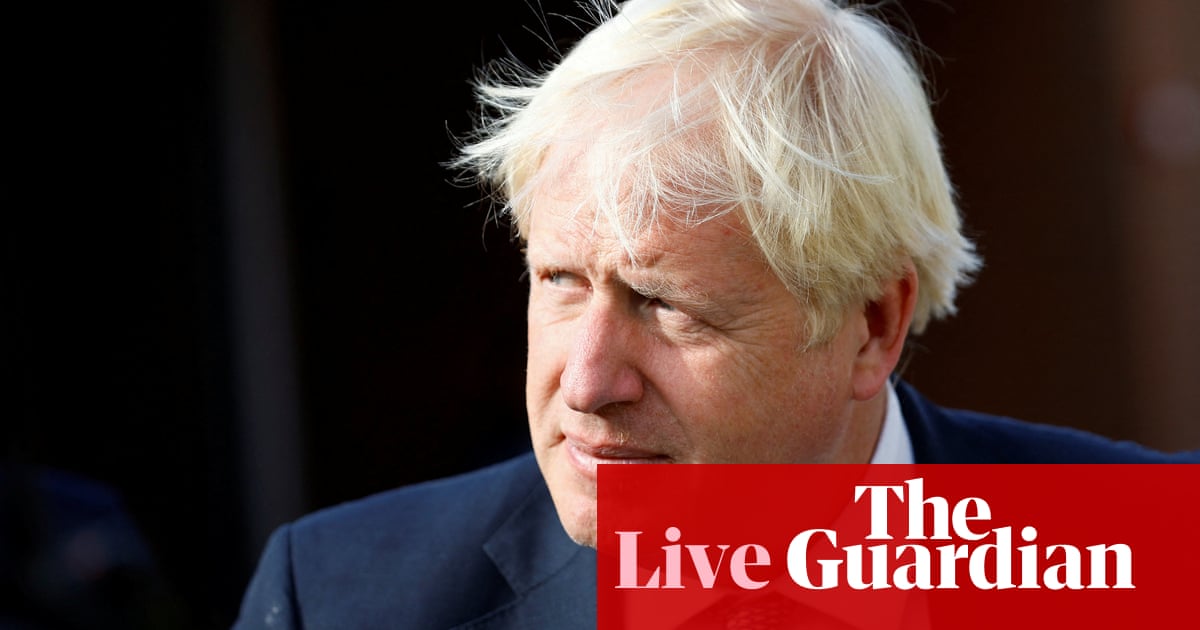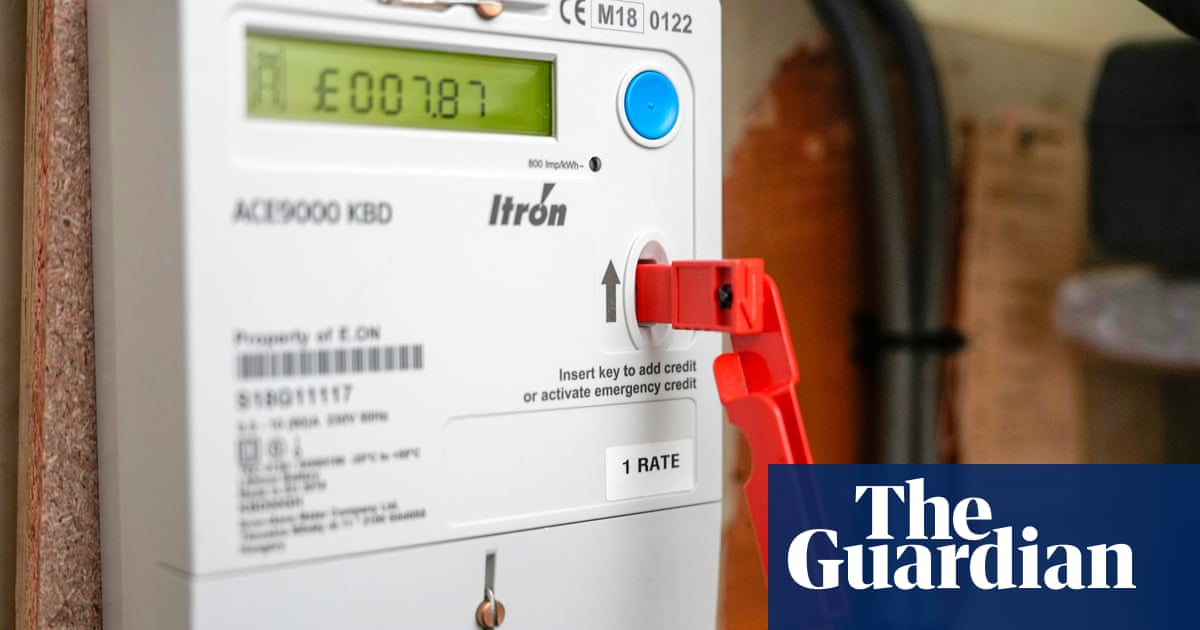
The Labour leader, Keir Starmer, has called for sanctions on employers who flout rules on keeping workers safe from coronavirus, as Matt Hancock, the health secretary, refused to confirm how new guidance on social distancing at work would be enforced.
Starmer said people were “really worried about going to work” and called for a consensus between the government, opposition parties, employers and trade unions on how to make workplaces safe with national standards on social distancing and handwashing.
In a round of broadcast interviews, he branded the government’s draft guidance on social distancing at work “pretty vague” and called for real enforcement of a common set of standards to help reassure people that lifting the lockdown would be safe.
Unions are deeply concerned about the guidance, warning that it could let rogue employers get away with endangering their staff if the government advice is voluntary and not enforceable.
Pressed on the issue, Hancock avoided saying whether there would be binding standards for employers on keeping workers safe. He told Sky News that such issues were “under discussion” between trade unions and the business department but stopped short of setting out how those employers who disobey the rules would be punished.
The government has been worried that people may be too concerned about coronavirus to want to leave the lockdown, while trade unions warned on Monday that many could refuse to go back to work or stage walk-outs if they felt unsafe.
Starmer argued that national standards would give “a degree of confidence”, telling ITV’s GMB: “The point that trade unions have raised is safety at work and there was a consultation document the government put out last weekend which was pretty vague, and it needs strengthening.
“That’s why one of the principles I’ve set out today is a national safety standard. I think people will want to know: if I’m going back to work, is it a safe environment, what’s being done about social distancing, what are the hand-washing facilities, if I need protective equipment am I going to get it? It’s that degree of reassurance.”
Starmer also raised concerns about the emphasis that Hancock is placing on getting people to download an app to help trace the contacts of those confirmed as infected with coronavirus. The mission to test, track and trace those with coronavirus is part of the plan for new outbreaks of coronavirus to be suppressed, as the UK exits the lockdown.
“I am a bit concerned that a similar app in Singapore only had a 20% take up rate,” Starmer told BBC Radio 4’s Today programme. “You’re going to have to have more manual tracing as well.”
The government launched a pilot scheme on Monday to trial the app in the Isle of Wight, where people are being urged to download it.
Hancock said the app was “a very, very positive step in terms of us all being able to get some of our liberty back”.
He added: “By having the test, track and test in place we can release more of the social distancing measures and, as I said, the more people who download it ... the more effective it will be and the more we can control the spread of the virus, and that’s why it’s so important to do this.”
The app has been criticised by some campaigners for jeopardising people’s privacy. Amnesty International has raised concerns that “the government may be planning to route private data through a central database, opening the door to pervasive state surveillance and privacy infringement, with potentially discriminatory effects”.
However, Hancock dismissed that charge as “completely wrong.” Asked why, he said: “Firstly because the data is stored on your phone until you need to get in contact with the NHS in order to get a test and secondly because the purposes of this are purely and simply to control the spread of the virus, which is really important.
“Thirdly because we’ve all had to give up significant infringements on our liberty, for instance with the social distancing measures and the lockdown, and we want to release those, and this approach will help us to release them ... I can reassure you that it’s completely untrue.”
The health secretary was also questioned about whether new rules for social distancing and staying at home would be different for the over-70s and people with underlying health conditions.
Many Tory MPs are urging the government not to treat people differently based on age, with Sir Graham Brady, leader of the backbench 1922 Committee, urging government to let older people take their own decisions about the risks.
Hancock would not give any assurances that older people would be treated in the same way as younger people when the lockdown is eased, although he said that had been the approach so far.
“The [over-70s] are not part of the shielded group, which is about individual conditions. But unfortunately it is a scientific fact that older people are more susceptible to having very serious consequences of this disease and a much higher proportion of people sadly who’ve died are in the older groups,” he said.












